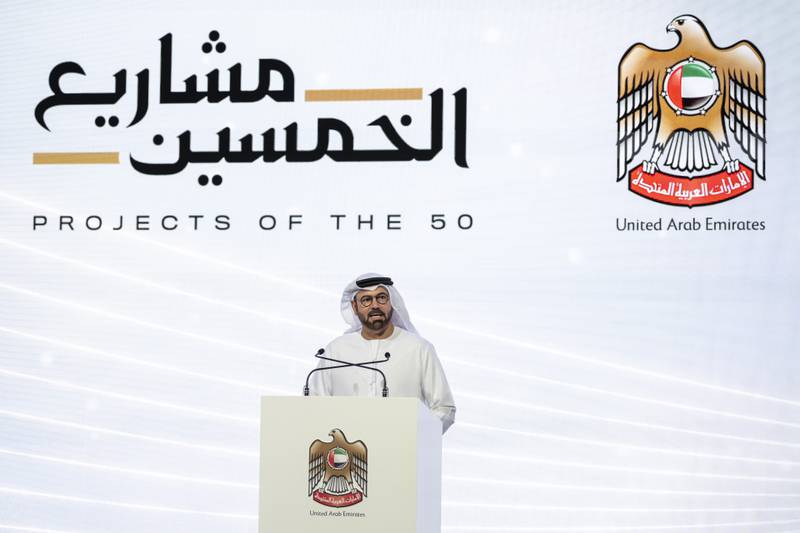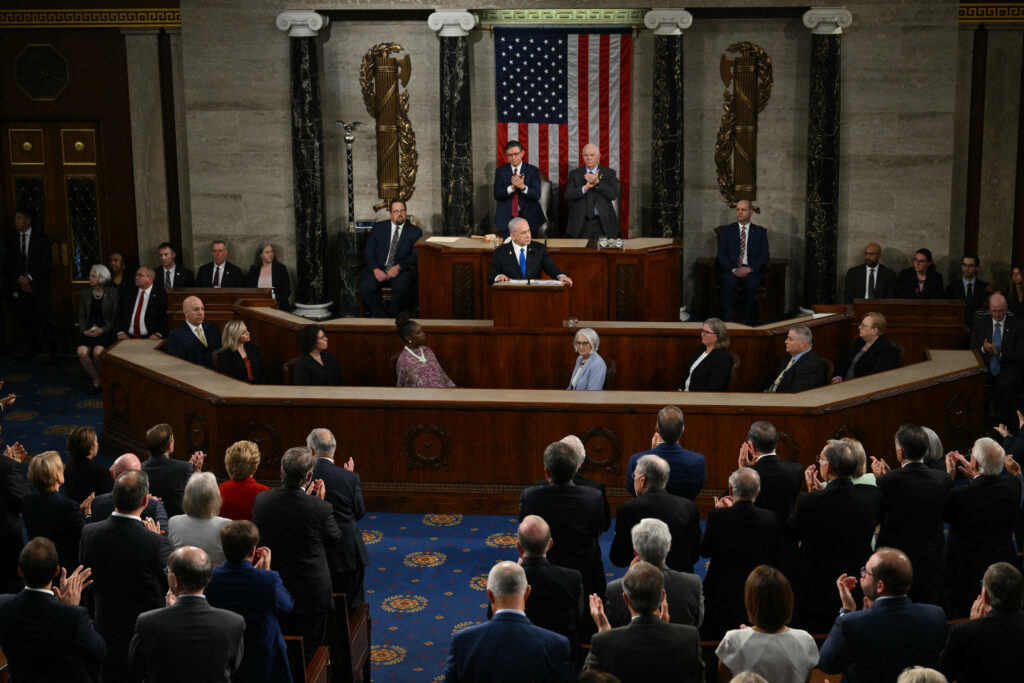UAE Steps Up Efforts to Draw Global Talent
- - September 20, 2022

The United Arab Emirates is pushing to attract and retain talent from around the world as part of its “Projects of the 50” – a series of economic and development initiatives – programme for transformation. In an online webinar on 13 September, the United Arab Emirates’ Minister of State for Government Development and the Future, Ohood Khalfan Al Roumi, asserted that the country is currently the leader in safety, infrastructure, and attracting talent, and she stressed the need to build on its competitive advantage in a world undergoing rapid change and geopolitical shifts.
“Economic agenda is the heart of the programme,” she said, as the administration aims to provide the best for its people. A sustainable economy is integral to the project, and the UAE is also focusing on establishing partnership agreements, such as those with Israel, Indonesia, and India. The Emirates are also intent on creating future industries, such as advanced manufacturing, and has intensified its digital efforts by launching new entities to support the virtual economy.
All this requires talent, both foreign and local, Ms Ohood said. For the former, she said the UAE has tapped into several schemes, such as a special visa system, while it is focusing on providing a quality education system to develop the latter. The Emirates recently introduced a so-called “Golden Visa” programme to draw skilled professionals, “exceptional talents” from the fields of art, culture, and sports, and investors, among others. Among the benefits of this special visa are an extended 10-year validity period, health care and health insurance perks, and a special discount programme for education, shopping, and recreation programmes. Singapore also recently announced a special visa programme, dubbed ONEPass, though its benefits, such as a five-year validity period, differ from the UAE’s programme.
On developing local talent, education is a cornerstone, she said, noting that 50 per cent of the Emirati population is in the 15-35 age bracket. While the primary focus is on early education, Abu Dhabi also intends to balance AI, science, and technology with art. It will also strive to make youths aware of future opportunities, and provide them with a voice and representation in shaping future UAE policies. The end-game, Ms Ohood said, is to create 75,000 private sector jobs. But, she added, “things are moving very fast – the jobs of tomorrow will not be the jobs of today, and 85 million jobs will be replaced, while 97 million jobs introduced”. The Emirati government is thus focusing on fields such as renewable and nuclear energy, science, and Artificial Intelligence. It is also aiming to be a leader in the space sector, and is working towards creating a core of young Emirati engineers, and scientists.
The online webinar, organised by Al-Monitor, an online news outlet focused on Middle East coverage, was moderated by the media group’s president Andrew Parasiliti. It also featured Danny Sebright, president of the US-UAE Business Council, and Afshin Molavi, a Senior Fellow at Johns Hopkins School of Advanced International Studies.
At the event, Ms Ohood took several questions from the audience. Asked whether the UAE was taking a leaf from countries such as Singapore and South Korea in pushing for its transformation, she said that each nation is unique in its way, and Abu Dhabi can learn from others. For example, she said, it is collaborating with Egypt in its drive to improve the public service. It is also hosting a world summit that will bring public and private sector leaders, along with academics, together to toss around ideas for future plans.
In his comments, Mr Sebright lauded the UAE’s extensive transformation efforts, noting that its moves are not just business-friendly, but are aimed at reforming society, too.
Photo Caption: Emirati Minister of Cabinet Affairs Mohammad Al Gergawi. Photo: UAE Government Media
More in This Series
More in This Series
- Jean-Loup Samaan
- - July 11, 2024
- Aisha Al-Sarihi, Ehsan Rasoulinezhad, Jinseok Sung
- - June 20, 2024








